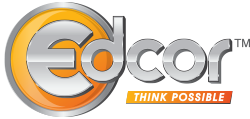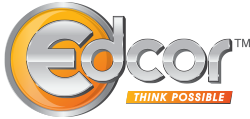Employee engagement is an important factor in business success. Engaged employees work to achieve company goals, positively impact customer and client satisfaction, and stay with employers for longer periods of time. They also impact businesses’ bottom line: businesses with high employee engagement realize 22 percent more profitability.
In 2019 employee engagement hit an all-time high, according to a Gallup Survey: 35 percent of workers are engaged in their work. However, at the same time, 52 percent of workers are not engaged and 13 percent are actively disengaged. The 52 percent show up and do the minimum that is required. They want something, an opportunity, for more satisfaction. They might find it in new jobs which will increase their employer’s turn-over rate raising company skills gaps, recruiting and training costs. Or they could find it in development opportunities at their current jobs, increasing their employers’ number of engaged and committed employees.
Career development opportunities are a way for businesses to increase their employee engagement. People want opportunities to grow in their careers: 87 percent of millennials, which is the largest age group in the workforce, and 69 percent of non-millennials believe career and personal development is important to their jobs. These workers want to understand how their job relates to company goals and where they fit into the company big picture. “Millennials fundamentally think about jobs as opportunities to learn and grow,” says a Gallup report.
People want to have meaningful work along with opportunities to increase their skills. Companies that offer education benefits to employees, have a resource that is effective in building employee engagement. Workers want to know that their work is important to business success. They want to know that their skill development and education pursuit will achieve personal development goals alongside company growth and success. Companies that offer comprehensive education benefits build employee engagement as they build employee career paths. “Some companies send a strong message on day one by requiring a personal development plan for each employee so they can see what the next steps are in their career progression and know exactly what is required of them to achieve the next steps,” says Jaime Fall, the director of Upskill America and the Aspen Institute. “Employees at every level of the organization should know that their continuing development and pursuit of education is valued.” This creates a culture of employee engagement.
Education benefits such as tuition assistance and student loan repayment will encourage workers to engage in higher education, increasing their engagement at work. Supporting employees’ education goals and career paths can mean the difference between employees seeing their work as a job or a career. Education can mean the difference between high levels of employee engagement or employee disengagement. Edcor helps businesses develop education benefit plans that increase employee engagement for the long-term with creating career sustaining life-long education. When employers support employee professional development, employees respond with higher engagement.



